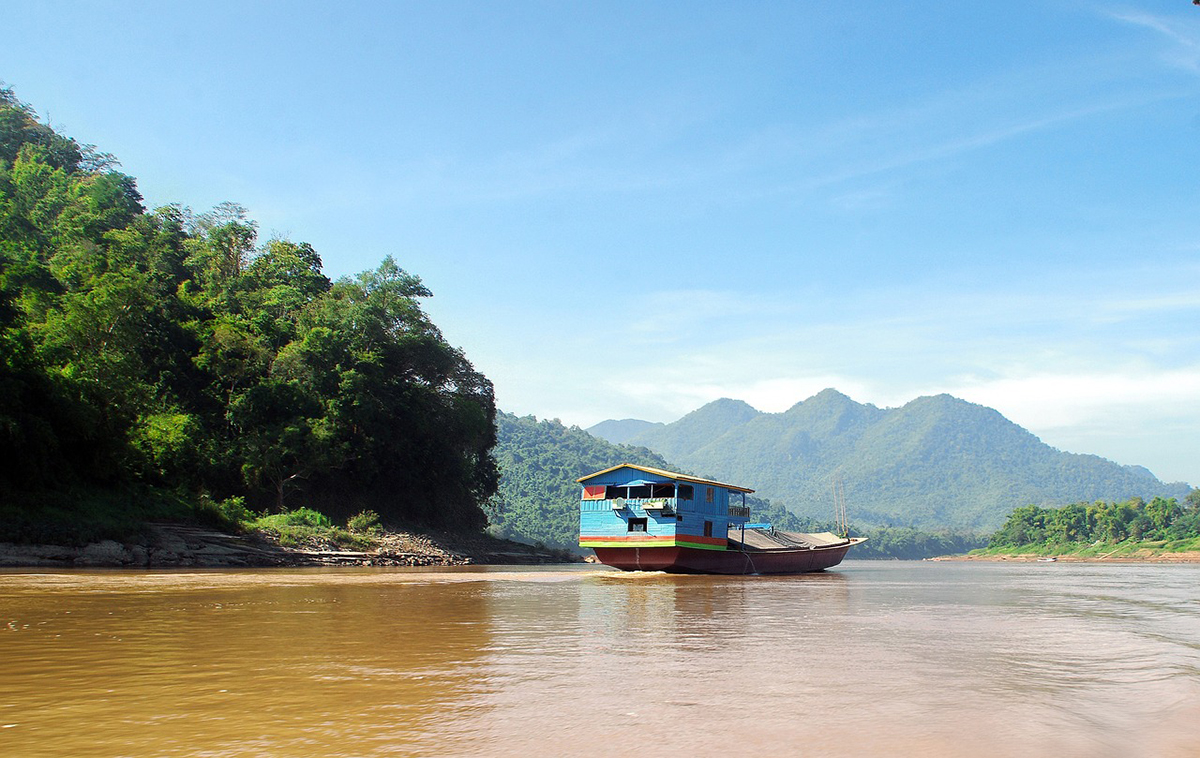
The International Journalism Festival weekly round-up. Stay up to date by subscribing to our newsletter, by following our Telegram channel, or by joining us on Facebook and Twitter.
The Mekong is slowly dying. A multimedia long-read from the BBC.
Q&A: Cinthia Membreño on the global network helping journalists in exile. The Network of Exiled Media Organizations (NEMO) is composed of Confidencial (Nicaragua), Meydan TV (Azerbaijan), Zamaneh Media (Iran), Meduza (Russia) and Democratic Voice of Burma (Burma). The members share best practices on how to produce journalism in circumstances where they are cut off from their sources and audience, and offer one another technical advice and moral support.
Journalist casualties in the Israel-Gaza war. As of 30 November, at least 57 journalists and media workers have been killed since the war began on 7 October. The deadliest day of the war for journalist deaths was its first day, 7 October, with six journalists killed; the second-deadliest day occurred on 18 November, with five killed.
Echoes from the desert: five seasoned reporters reflect on the vanishing landscape of local news. Journalists from Nigeria, France, Brazil and the US on the weakening of local newspapers and on what may come next for journalism in their home regions.
Why can’t Mexico stop the killing of journalists? Mexican journalists deserve the support of their government and their society. It is unconscionable and a stain on Mexico’s democracy that no president in the past quarter century has been able to provide it.
Increasing resilience to climate change requires a more systematic response than ever before. Governments and public entities play a central role in defining, enabling, and executing it. McKinsey’s Alexis Trittipo, Hamid Samandari, Homayoun Hatami, and Mihir Mysore outline five potential actions for governments and government agencies to consider as they start or continue their adaptation journeys.

Training journalists to innovate: interview with DPG Media’s Director of Campus Gerbert van Loenen. How a major European media company is approaching training for its 2,100 journalists. Of particular interest is the Scandinavian news media market because Scandinavian companies work in smaller language environments and tend to be very innovative. “It’s really silly that we’re always looking to The Wall Street Journal and The New York Times. There’s so much to learn in continental Europe.”
The Israeli government has Haaretz newspaper in its sights as it tightens the screws on media freedom. Haaretz, an independent daily newspaper, has been publishing since 1919, and has frequently been the target of right-wing administrations.
European Philanthropy Manifesto calls for a single market for philanthropy. The 2024 edition of the European Philanthropy Manifesto, which includes four key recommendations to establish a single EU market for philanthropy, has been published.
What’s Press Forward? Here’s your primer. Who’s behind all the money coming for US local news? When is it happening? Will it be enough?
Canadian government reaches deal with Google. The agreement would see Canadian news continue to be shared on Google’s platforms in return for the company making annual payments to news companies in the range of $100 million, a source said.
Free speech groups criticise German ban on Russian journalists’ book. Russian businessman claims book defamed him, while authors say aim is to destroy their reputation.
Photo credit: the Mekong river in Laos by DEZALB from Pixabay


